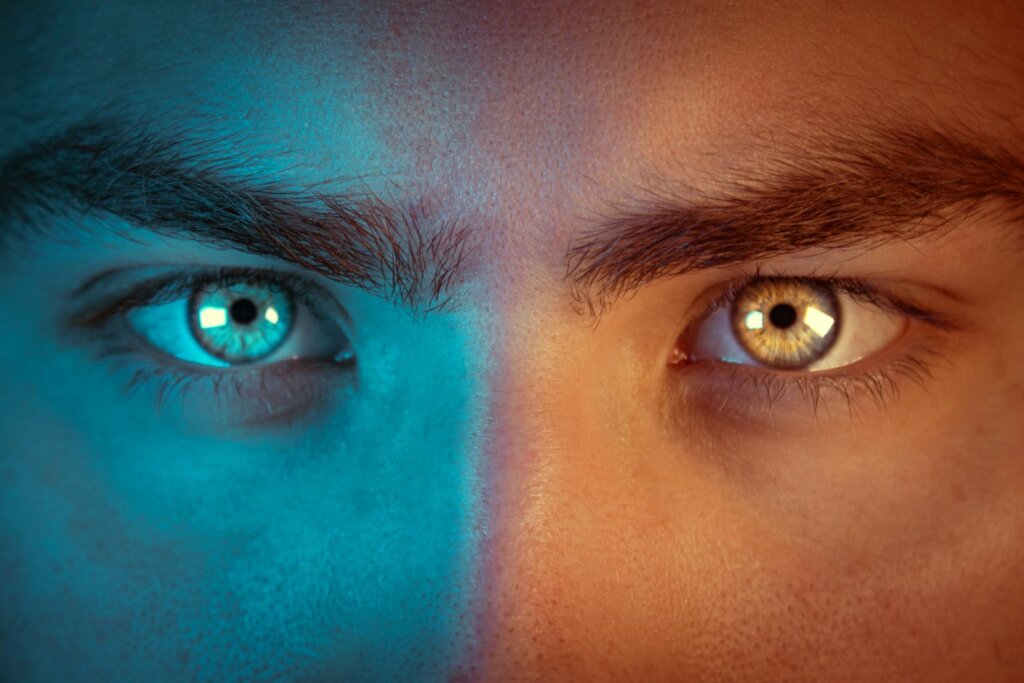When I was 20, I studied abroad in London and noticed a man hanging up a payphone before he approached me. He sold me a song and dance about how he lost his luggage, had no money, and needed help. He told me I should write down my address so he could pay me back and being the gullible and trusting person that I am, I bought everything he said. He was effusive in his praise, saying, “God bless you and your family. You’re a good person,” etc. I felt like a hero in the moment.
Looking back though, it was a scam. He hung up the payphone as soon as he saw me like he was searching for a target. And he was too over the top, too aggressive, and didn’t act at all like a desperate person who had truly lost their luggage and all their belongings. That man had no intention of paying me back and only wanted to make a quick buck preying off naïve girls like me. I felt like an idiot after the fact for believing this man and I let it color all my future interactions with people asking for money.
Fast forward three years and while walking to work in San Francisco, a man who looked dazed and had a cut on his forehead approached me and said he was just mugged. He, too, asked for money but I refused because I wasn’t sure I could trust him based on my past experience with the man in London. My reasons were valid but looking back, he really was in need of help and I botched that service opportunity. In that story for that man, I wasn’t the villain because I didn’t mug him but I’m sure he cast me in the role of a jerk. And he’d be right.

Human beings are multifaceted. Photo by Gabriel Meinert on Unsplash
Oftentimes we paint ourselves in certain lights and have a static self-image. “I’m a good person,” we might say. Or, “He’s a bad man,” but the truth is far more complicated. We are all heroes and villains depending on the circumstances. We are all good and bad and to think otherwise only exacerbates what psychologists call cognitive bias, which is what it sounds like. It helps us make sense of the world and reach decisions with relative speed but a bias also means we discard information that doesn’t prop up our view of reality or a person.
While in some ways a cognitive bias is helpful, it’s also harmful because it has us ignoring certain behaviors or information. And on a personal level, it keeps us from growing. In order to grow, we have to see things as they really are, not what we think they are, ourselves included.
This topic is on my mind because I see a heck of a lot of people saying, “I could never do that,” which is patently false. We are all capable of good and evil. We are all heroes and villains. That’s because there are two forces constantly playing tug of war in this universe: vidyá and avidyá.
They could be translated into good and evil but that’s not quite right. They’re about the movement toward subtlety or crudeness. Avidyá seeks to drag the mind toward crude objects and bind us to the things of this world like cars, homes, and luxury goods. But it also binds us to staticity in the form of ideas. Vidyá pulls the mind toward higher ideals and asks us to expand beyond narrow sentiments, including trying to put ourselves and others in neat boxes. The force of vidyá says, “You will make mistakes but you can learn from them and become a better person.” And that’s exactly what I want for us all.
I dream of a world where we recognize we are all like the yin-yang symbol with a little bit of everything. A world where we understand no person is wholly good or wholly bad. A world where we remember there are two forces in the world pulling us toward crudity or subtlety. A world where we choose to turn toward subtlety whenever and wherever we can because we remember we all have the capacity to be heroes as well as villains.
Another world is not only possible, it’s probable.